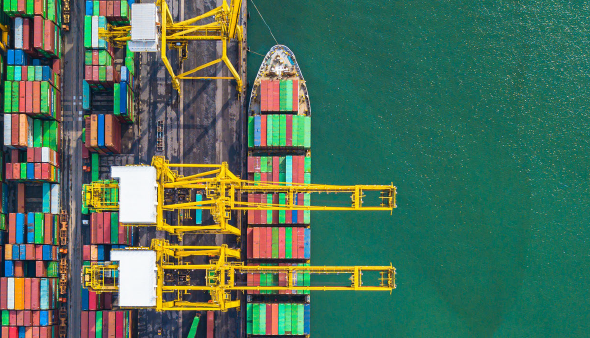Active role for shipowners in improving CII regulations

How shipowners report their Carbon Intensity Indicator (CII) rating will have a big impact on future efforts to improve the measure, the International Chamber of Shipping has said. Companies should ensure they are gathering and reporting data that can be used to support much-needed changes to how ratings are calculated when the measure comes into effect from 1 January 2023.
While the CII rating will initially be determined using one of two approved reporting metrics, the regulation includes a further four alternative or trial metrics that could better represent ship efficiency in some sectors. These could be approved in a review of the scheme due to take place before 1 January 2026. But their inclusion will need to be evidenced.
“Which metric you use can have a big difference on your CII rating,” explained ICS Technical Director Chris Waddington. “The data for the approved metrics, AER and cgDIST is already collected under IMO’s Data Collection System. For the four trial metrics, ship operators will need to collect additional data from day one.”
The trial metrics are the Energy Efficiency Operational Indicator (EEOI), Energy Efficiency Performance Indicator (EEPI), gCO/berth.nm (cbDIST) and gCO2/m.nm (ciDIST). The option to voluntarily report these is outlined within IMO resolution MEPC 352(78) (often referred to as the G1 guidelines). Of particular interest is EEOI. Whereas the Annual Efficiency Ratio (AER) and the capacity gross ton distance (cgDIST) utilise the proxies of maximum deadweight and gross tonnage, EEOI utilises actual cargo carried. Hence in this respect EEOI may be a fairer metric and can provide a strong incentive to maximise cargo carried, and minimise ballast voyages.
If operators find the trial metrics more representative of their emissions and wish to continue using them, they will need to report against them voluntarily during the experience building phase. Evidence for the trial metrics will be considered alongside proposals suggesting revisions to the rating system.
One such proposal will come from the cruise sector. MSC Cruises has already warned ports that, without a correction factor to reduce the penalty for port stays in CII, it will need to “fundamentally alter its itineraries”, potentially depriving ports and local communities of cruise-related revenues.
MSC Cruises Vice President Sustainability & ESG Linden Coppell told Leadership Insights: “It is much easier to organise our itineraries around full port days. But as it stands, more days at sea may give us a better CII score – even though we will burn more fuel.”
Coppell said that the cruise sector is already developing a new correction factor proposal in cooperation with other sectors that require long stays at ports.



